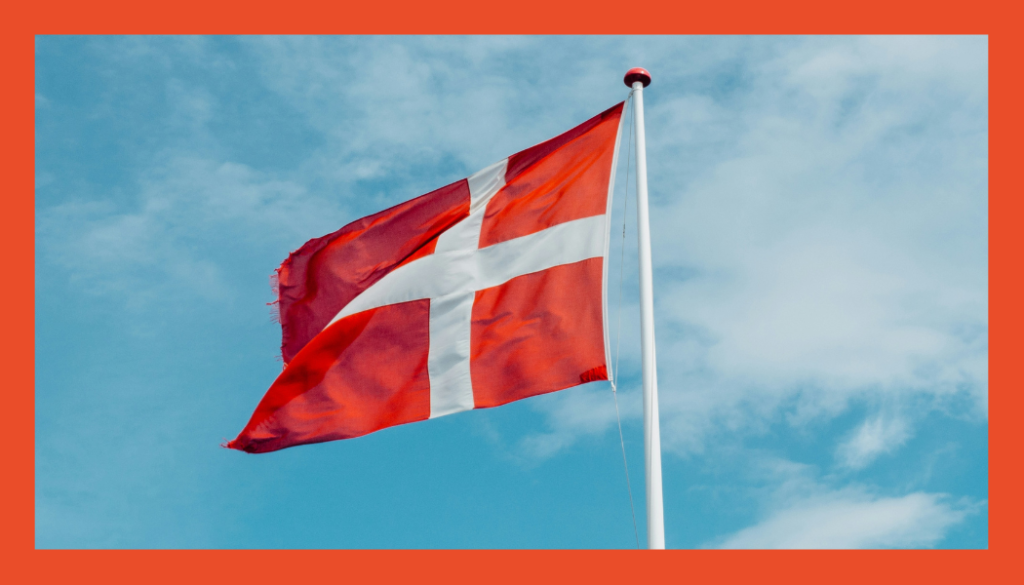A New Era for Digital Identity Protection
Deepfake technology is advancing at lightning speed, making it easier than ever to create realistic imitations of people’s faces, voices, and expressions. Unfortunately, this capability has fuelled misinformation, fraud, and reputational harm. In response, Denmark has proposed a groundbreaking amendment to its copyright law. This could transform the way individuals protect their identity in the digital age.
What Are Deepfakes?
Deepfakes are AI-generated or AI-manipulated media typically video, audio, or images that convincingly imitate a real person’s appearance or voice. In practice, AI models learn patterns from real examples and then generate content that looks or sounds authentic. As a result, viewers can struggle to tell genuine content from fabricated media.
The Core of the Proposed Law
Under the proposed legislation, Danish citizens will gain exclusive rights over their own likeness. This includes, their image, voice, and facial features. This legal protection will extend 50 years beyond death, similar to traditional copyright laws. By doing so, Denmark will give people the legal power to demand removal of unauthorised deepfakes and claim compensation for misuse.
Moreover, performing artists will receive additional rights to protect AI-generated imitations of their performances. This provision recognises the heightened risk to those whose public image is central to their profession.
How the Law Will Be Enforced
Importantly, the bill introduces clear enforcement mechanisms. Platforms that host deepfake content will have a legal obligation to remove it upon request. If they fail to act, they could face substantial fines under the EU’s Digital Services Act (DSA). While the law will not impose criminal penalties, it will strengthen civil remedies, ensuring individuals can take direct legal action to safeguard their image.
Additionally, the legislation will protect freedom of expression by allowing exemptions for satire, parody, and other artistic uses. This balance ensures the law addresses harmful misuse without stifling legitimate creativity.

Denmark’s Leadership Role in the EU
Because Denmark will hold the EU presidency in the second half of 2025, it intends to use its position to push for similar protections across Europe. This means the Danish model could soon inspire an EU-wide framework for deepfake regulation, setting a strong precedent for digital identity rights.
By taking this proactive stance, Denmark signals to other nations that safeguarding individuals in the digital era is both possible and urgent. It also places pressure on technology companies to improve content moderation systems and develop robust takedown procedures.
Why This Matters for Businesses and Individuals
For citizens, the law offers direct control over personal identity in an online world where deepfakes can damage reputations in seconds. For businesses, especially tech platforms and entertainment companies, it highlights the need for strict compliance measures to avoid legal liability. Companies operating internationally will also need to monitor similar legislative developments to ensure compliance across jurisdictions.
How 360 Business Law Can Help
At 360 Business Law, we closely monitor global legal developments that impact individuals, businesses, and technology providers. As legislation like Denmark’s deepfake bill emerges, we help clients navigate the intersection of intellectual property and data protection. Whether you operate in the UK or internationally, our expert team can advise on compliance and dispute resolution in the evolving AI and digital media landscape. By staying ahead of legislative changes, we ensure you remain protected, compliant, and ready for the challenges of the modern digital world.